March 23rd, 2007 | admin
Dhanvantary, an avatar (incarnation) of Lord Vishnu, is considered to be the god of Ayurveda. According to Hindu legends, dhavantary appeared with a pot of amrit (divine nectar that gives immortality to man), Ayurvedic text, herbs, and a conch in his four arms when the sagar (ocean) was churned by Devas and Asuras on either sides with Mandara mountain as the axis and the great serpent vasuki as the rope.
According to some other texts, Dhanvatary had only two arms, bearing a pot of amrit (divine nectar representing medicine) and a leech (representing surgery) on either hand.
Ayurvedic practitioners begin their education with a prayer to dhanvantary, which is called dhanvantary mantra. It goes like this:
 “Namami Dhanwantary Maddidewam,
 Surasurar vandith pada padmam,
 Loke jara rogabhaya mrithy nasham
 Datarmeesham, vividhaushadinam”
It translates into, “O lord Dhanvantary, I bestow before your lotus like feet; just like all the suras (gods) and asuras (demons) do. You have the power to end the miseries of fear of diseases, old age and death. Give me the medicines and knowledge to cure the sickness of all humans.”
In Kerala, Ashtavaidya families worship dhanwantary.
Charaka, in his book Charaka Samhita, ascribes a divine origin to Ayurveda. According to him, the knowledge of life (Ayurveda) is eternal, with no beginning or end. The knowledge is given to human beings at proper time. Sometimes the knowledge is given to sages and at times lord dhanvantary himself takes an incarnation to the earth to pass the knowledge to humans. This cycle continues with the cosmic cycle of creation and destruction.
Though dhanvantary is revered by almost all Ayurvedic practitioners, there are many people that doesnÂ’t accept dhanvantary as the source of Ayurvedic knowledge.
Dhanvantary appears in different parts of ancient scripts, but a conclusive picture is relatively absent.
Dhanvantary is also spelt dhanvantari, dhanvanthary, dhanvanthari, dhanvandary, dhanvandari, dhanwantari, dhanwantary, dhanwantari, dhanwandary, dhanwandari – there may be other variations too.







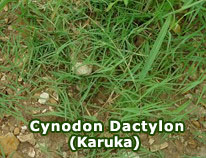

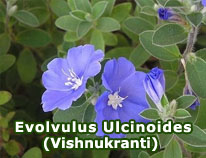
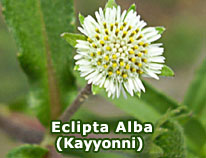

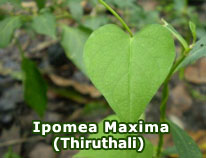
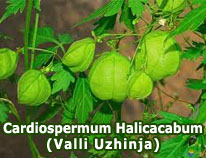
 Loading ...
Loading ...





